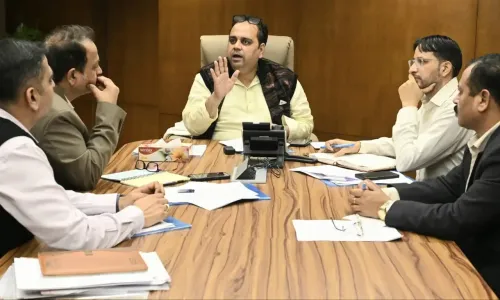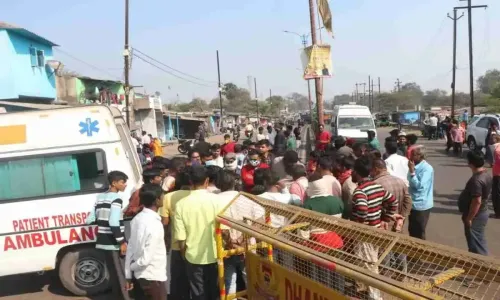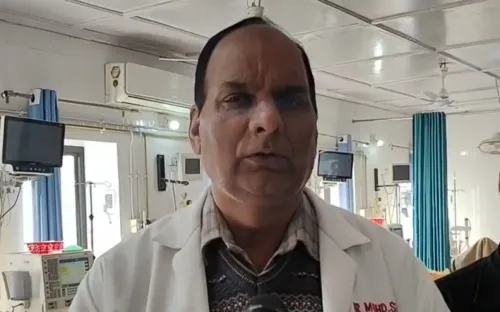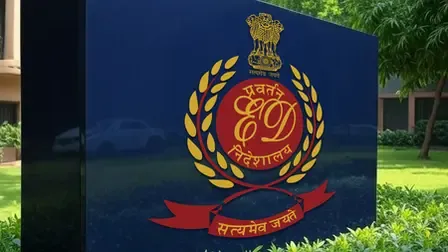How is the TN government tackling the surge in dengue and typhoid cases?
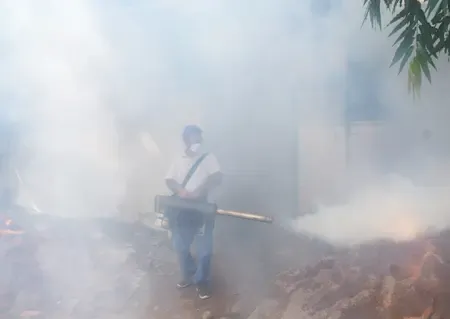
Synopsis
Key Takeaways
- Over 16,000 dengue cases reported in Tamil Nadu as of early October.
- Health authorities are enhancing surveillance and mosquito-control efforts.
- Intermittent rains have contributed to the outbreak.
- High-risk areas are under continuous monitoring.
- Medical professionals advise early detection and treatment.
Chennai, Oct 12 (NationPress) Tamil Nadu is facing a significant increase in cases of fever, typhoid, and dengue, with more than 16,000 dengue infections and eight fatalities reported across various districts as of early October. Health officials have ramped up door-to-door surveillance, awareness initiatives, and mosquito-control strategies to avert a further rise before the northeast monsoon begins.
According to data from the National Centre for Vector-Borne Disease Control, Tamil Nadu has recorded 16,546 dengue cases in 2025, making it the second-highest in India after Karnataka. The state reported 27,378 cases and 13 deaths in 2024, in contrast to 9,121 cases and eight fatalities in 2023, highlighting a recurring post-monsoon surge.
Health officials link the current increase to unpredictable rainfall, temperature variations, and water stagnation in both urban and rural settings—conditions that favor the proliferation of Aedes aegypti mosquitoes, the carriers of the dengue virus.
Recent intermittent rain has exacerbated the situation, with fever clusters being reported from Chennai, Tiruvannamalai, Madurai, and Coimbatore.
The Health Department has dispatched teams throughout districts to perform fever surveillance in both public and private hospitals. Inspectors are conducting daily home visits to identify individuals exhibiting symptoms and ensure prompt treatment. Furthermore, field personnel are engaging in extensive anti-larval operations, applying insecticides, unblocking drains, and removing mosquito-breeding sites.
Officials stated that high-risk areas are under constant observation, and awareness campaigns are being conducted in schools, public offices, and residential communities. Flyers and public announcements encourage residents to cover water containers, refrain from storing stagnant water behind refrigerators and flowerpots, and wear protective clothing during daytime when dengue mosquitoes are most active.
Medical professionals emphasize the necessity of early detection and discourage self-medication. Individuals experiencing persistent fever are urged to seek medical attention without delay and to avoid taking non-prescribed medications, as these can exacerbate symptoms.
Government hospitals and primary health centers throughout the state have been directed to maintain sufficient supplies of medications, testing kits, and IV fluids to manage any potential surge in cases.
Despite the uptick in fever and dengue cases, officials maintain that the overall situation is manageable, with fatalities remaining low and preventive measures actively underway as Tamil Nadu prepares for the upcoming monsoon season.


